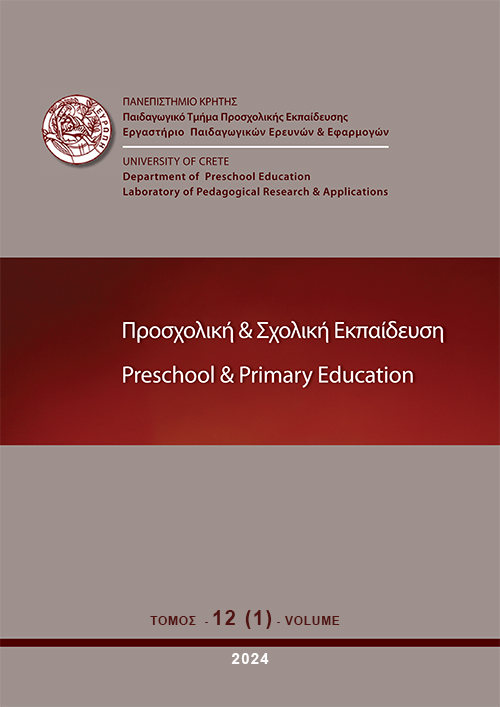The Role of Home Literacy Environment in Reading Beyond the Early Grades

Abstract
Most studies on home literacy environment (HLE) have examined its role in children’s language and literacy skills in the early childhood years. However, parents continue to be involved in their children’s learning later on. Thus, in this study we aimed to examine if different HLE aspects (code-related HLE, meaning-related HLE, access to literacy resources, age of onset of parent-child literacy activities and child’s own independent reading) predict children’s reading and spelling performance in upper grades. Study 1 was conducted in China and included 111 Grade 3 children (57 girls, 54 boys; Mage = 9.22 years, SD = 0.30) and their parents. Study 2 was conducted in Cyprus and included 208 Grade 4 Greek-speaking children (114 girls, 94 boys; Mage = 9.77 years, SD = 0.39) and their parents. Results of hierarchical regression analyses in both studies showed that after controlling for the effects of parents’ education and nonverbal IQ, neither code- nor meaning-related HLE activities predicted reading. In addition, they showed that access to literacy resources was a significant predictor of both reading outcomes in Study 1 and child’s independent reading was a significant predictor of reading and spelling in Study 2 (with one exception when predicting passage comprehension). Taken together, these findings suggest that HLE might be important in children’s reading and spelling performance, but different aspect of HLE play a role at different times. When children are in upper grades, parents may still contribute to their children’s literacy skills by providing access to literacy resources and by creating an environment that allows their child to practice independent reading.
Article Details
- How to Cite
-
Georgiou, G. K., & Zhang, L. (2024). The Role of Home Literacy Environment in Reading Beyond the Early Grades. Preschool and Primary Education, 12(1), 1–20. https://doi.org/10.12681/ppej.35467
- Section
- Articles

This work is licensed under a Creative Commons Attribution-NonCommercial-ShareAlike 4.0 International License.
Authors who publish with this journal agree to the following terms:
- Authors retain copyright and grant the journal right of first publication with the work simultaneously licensed under a Creative Commons Attribution Non-Commercial License that allows others to share the work with an acknowledgement of the work's authorship and initial publication in this journal.
- Authors are able to enter into separate, additional contractual arrangements for the non-exclusive distribution of the journal's published version of the work (e.g. post it to an institutional repository or publish it in a book), with an acknowledgement of its initial publication in this journal.
- Authors are permitted and encouraged to post their work online (preferably in institutional repositories or on their website) prior to and during the submission process, as it can lead to productive exchanges, as well as earlier and greater citation of published work (See The Effect of Open Access).


